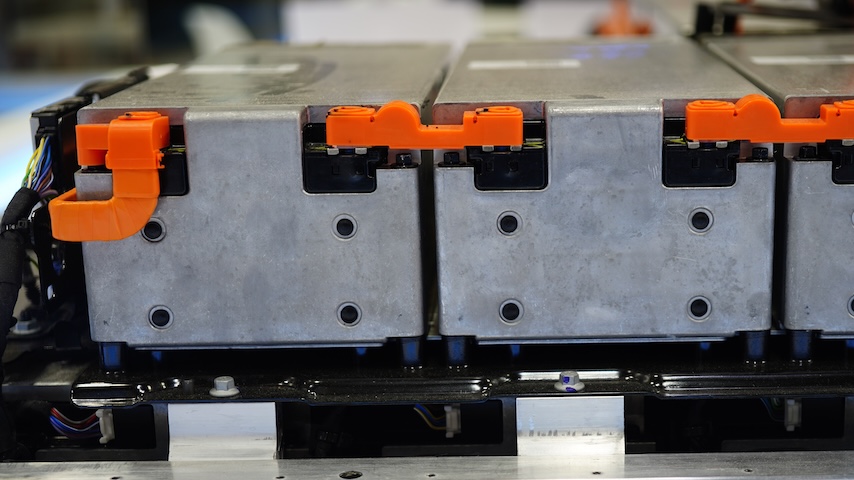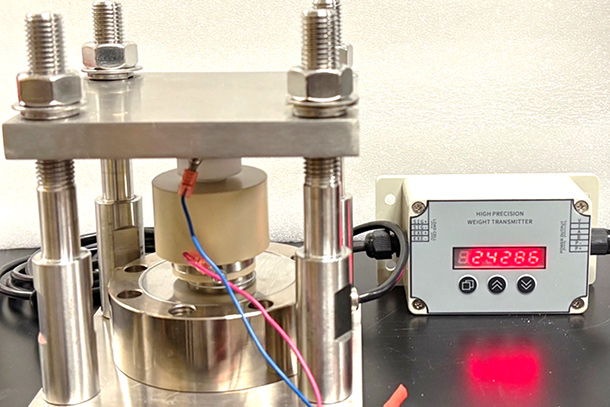NSF's New Convergence Accelerator Aims to Transitioning Basic Research into Market-Ready Solutions
NSF's New Convergence Accelerator Aims to Transitioning Basic Research into Market-Ready Solutions
The National Science Foundation (NSF) has recently released its new Convergence Accelerator, which is a structure that can be used to test new models for innovation for the federal government, industry, and academia. NSF says that in using the new Convergence Accelerator, the agency will be able to deliver in a faster, more focused way. The new program will speed basic research towards impactful problem solving. To begin, NSF has selected 43 teams to develop pilot projects to address two of NSF’s 10 Big Ideas: quantum technology and artificial intelligence.
The creation of the Convergence Accelerator is meant to bring together multiple disciplines to achieve unique solutions to some of today’s most pressing technological problems. NSF realizes that as technology continues to advance, scientists and engineers will not be able to solve the country’s most pressing, large-scale problems by working within a single discipline. Rather, by integrating multidisciplinary research, the Convergence Accelerator and the resulting research teams working to address national challenges can more rapidly produce deliverables for stakeholders.
On October 9, 2020, NSF released a Request for Information on Future Topics for the NSF Convergence Accelerator. Ideas submitted are expected to address the Administration’s Industries of the Future and/or NSF’s 10 Big Ideas. Potential topics are required to be broad in scope and address a set of challenges to complex problems that would be best addressed by multiple teams working together. “The objectives of the NSF Convergence Accelerator are to accelerate use-inspired convergence research in areas of national importance and to initiate convergence team-building capacity around exploratory, potentially high-risk proposals addressing selected track topics.”
Responses to the RFI must be submitted by November 9, 2020.







